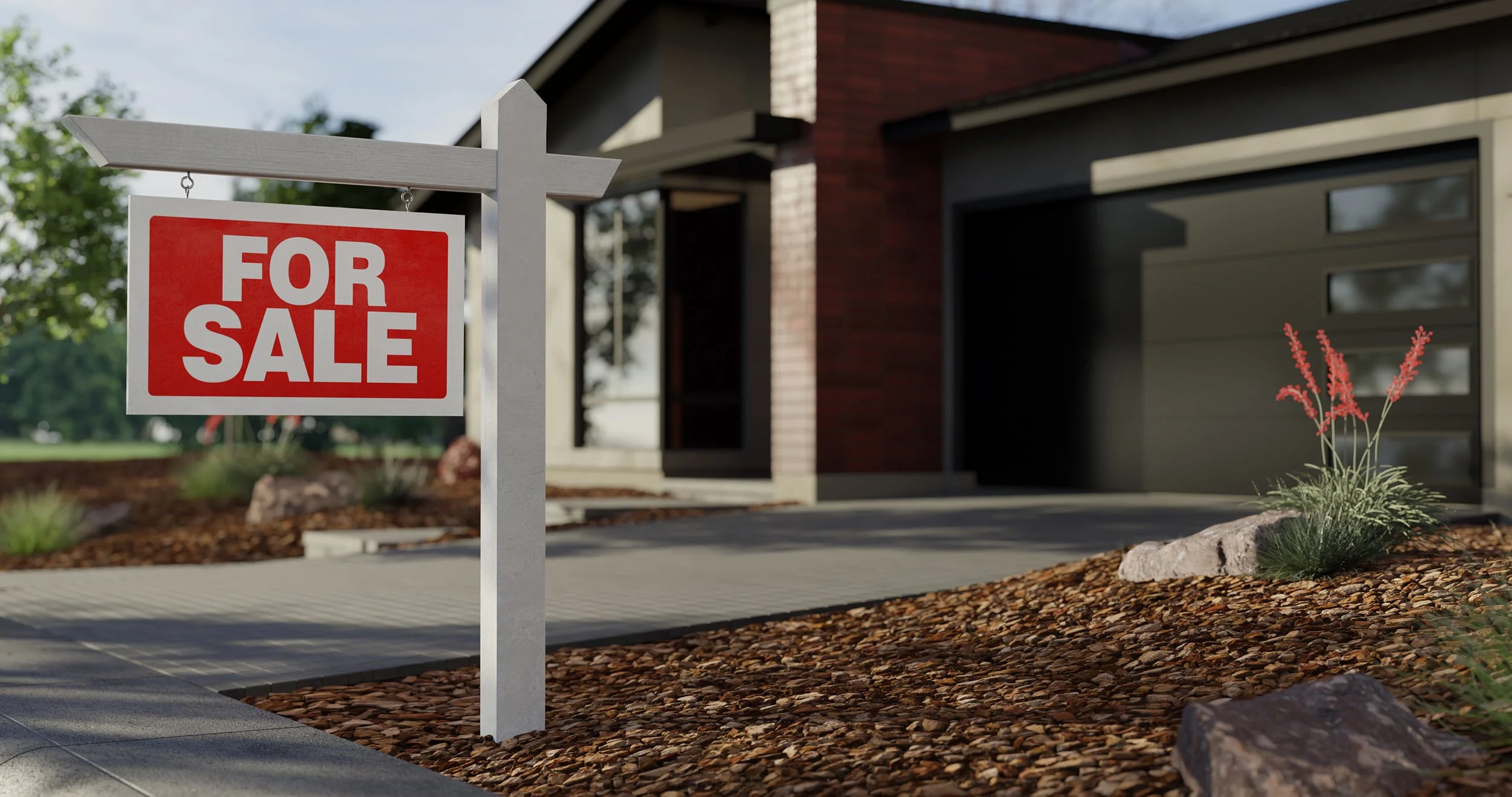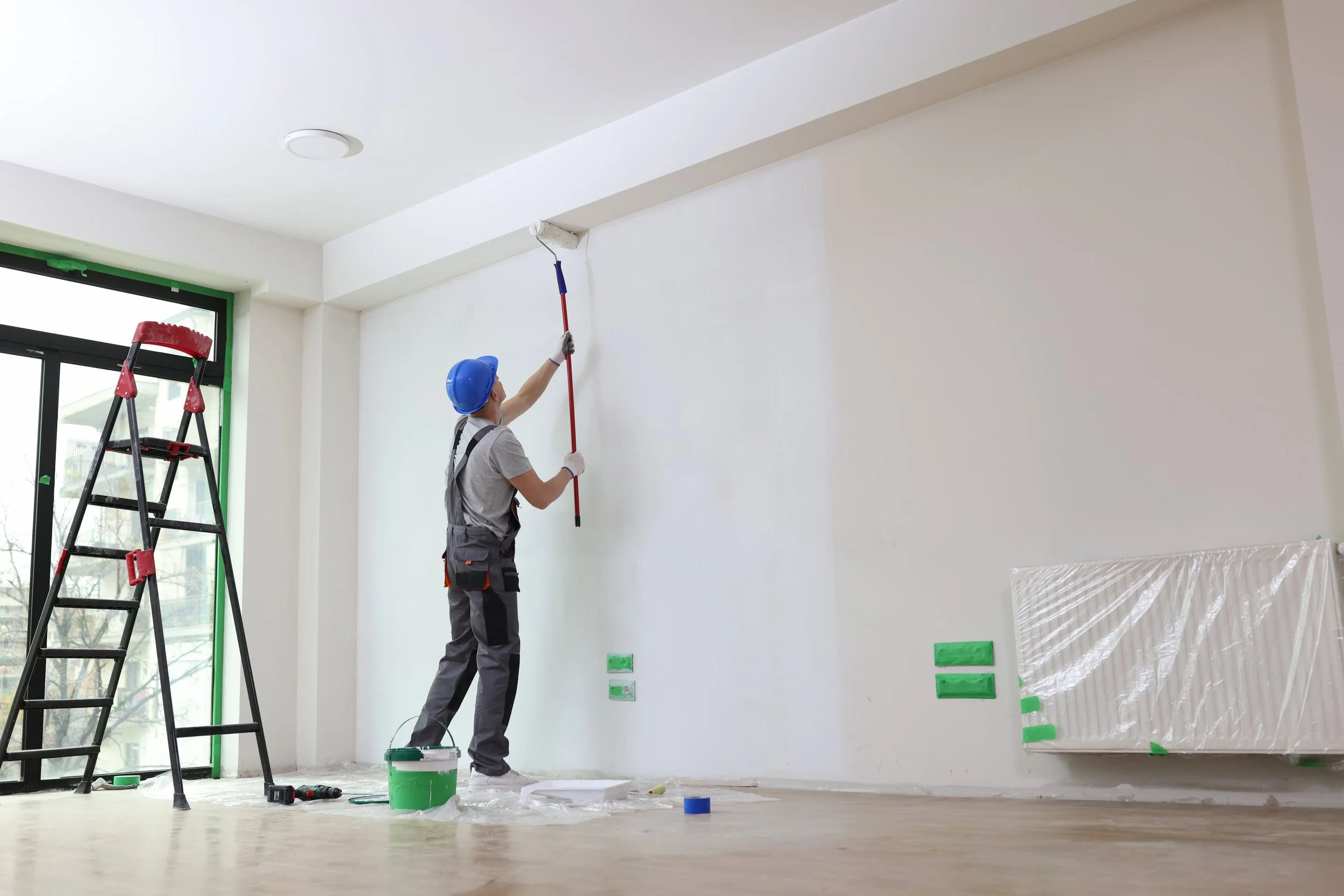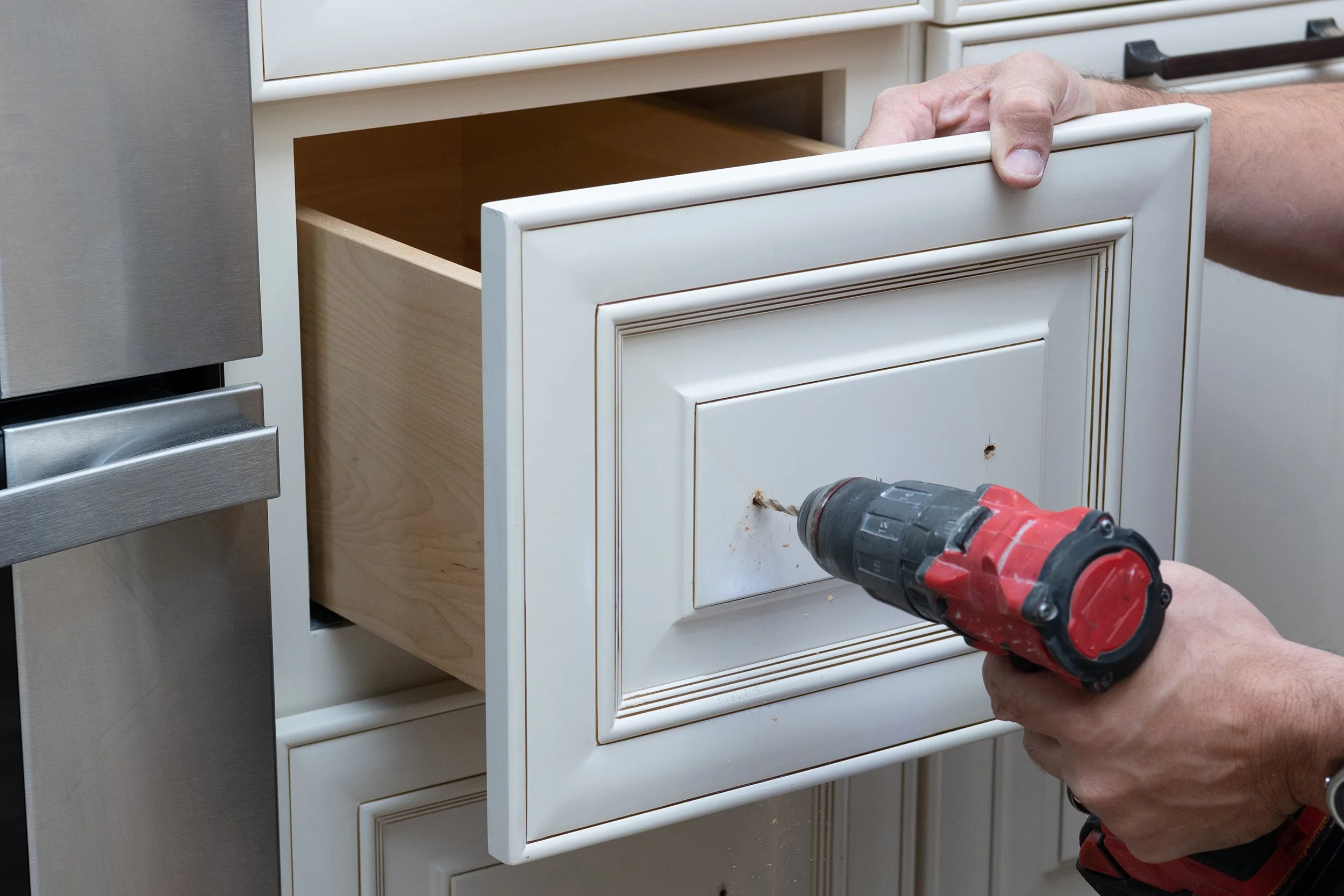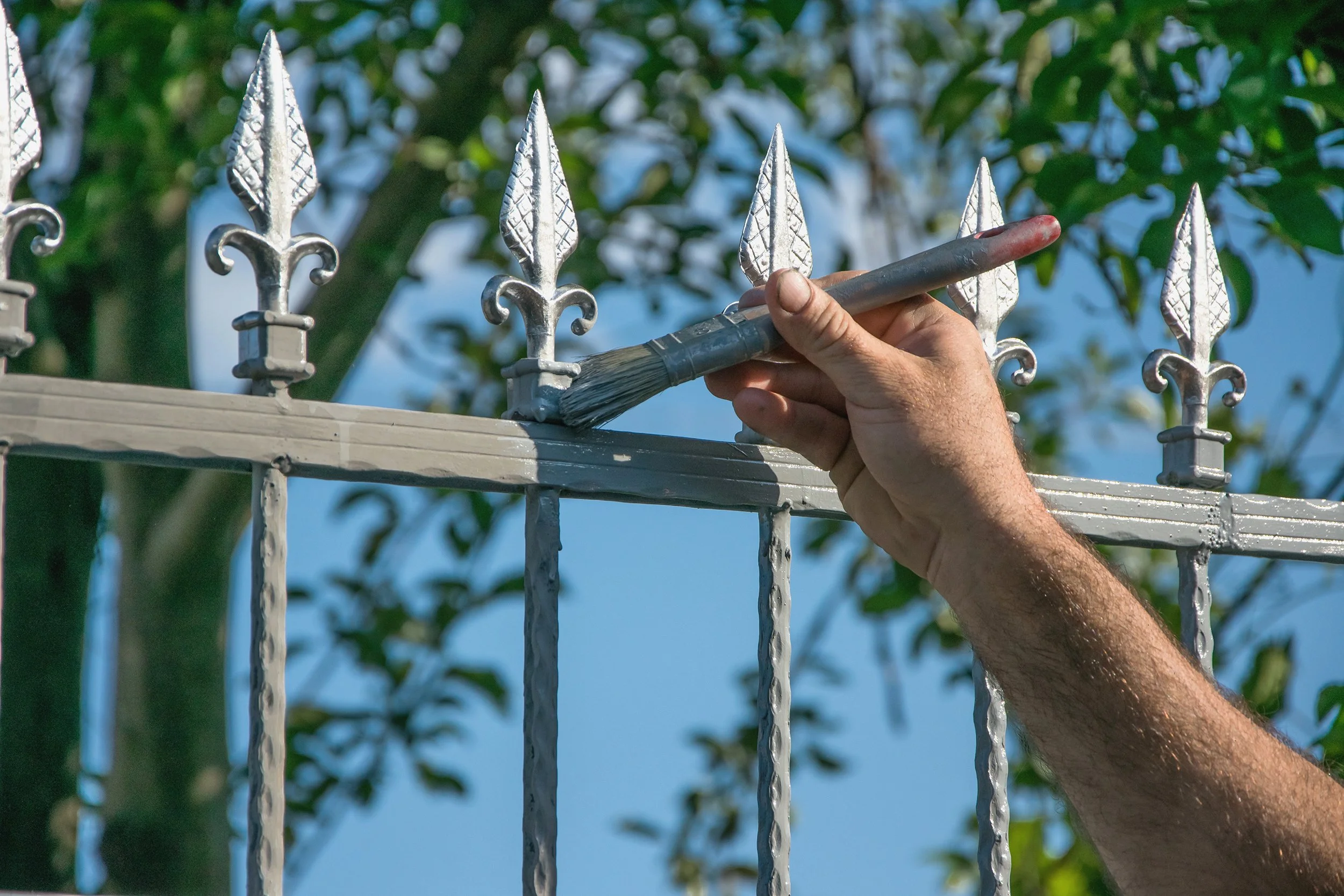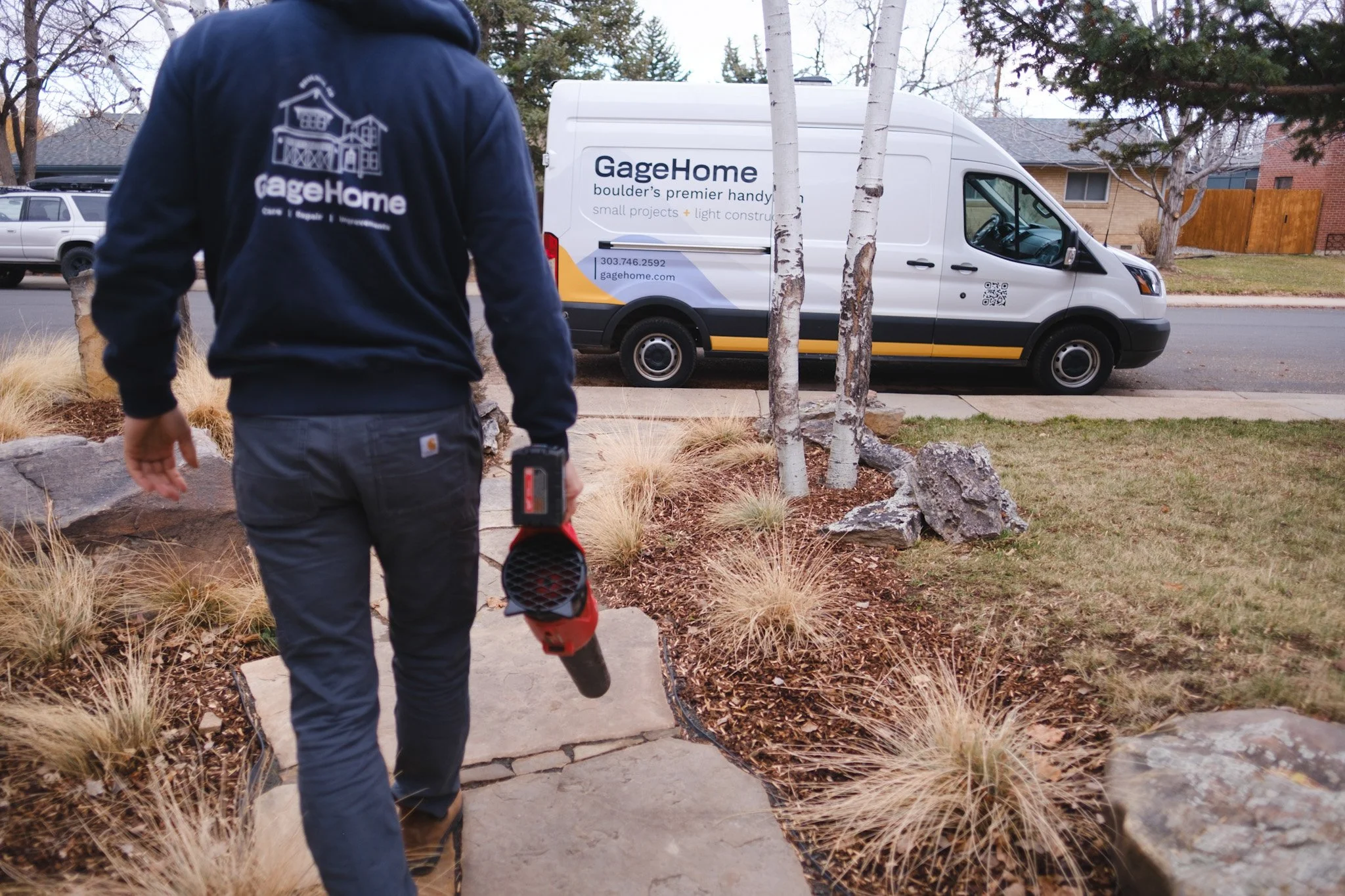Quick Fix vs. Major Repair: What Boulder Home Sellers Should Prioritize
Because in Boulder's hot real estate market, every repair decision can make or break your sale
You've decided to sell your Boulder home, and suddenly every creaky floorboard, outdated fixture, and paint chip feels like a neon sign screaming "FIXER-UPPER!" Before you panic and start writing checks for every imperfection, take a breath. In Boulder's competitive real estate market, strategic thinking beats perfectionism every time.
The truth is, not all repairs are created equal when it comes to selling your home. Some quick fixes can net you thousands in additional offers, while certain major repairs might actually hurt your bottom line. The key is knowing which battles to fight and which ones to leave for the next homeowner.
The Boulder Real Estate Reality Check
Boulder's housing market isn't your average small-town affair. With a median home price hovering around $800,000 and inventory that moves faster than a Colorado thunderstorm, buyers have high expectations but limited time to nitpick. This creates a unique dynamic where first impressions matter enormously, but buyers are often willing to overlook bigger issues if the home shows well.
The 15-Minute Rule: Most buyers form their opinion within the first 15 minutes of walking through your home. That means surface-level issues often carry more weight than hidden problems that might be more expensive to fix.
Boulder Buyer Priorities: Local buyers typically prioritize move-in readiness, energy efficiency, and outdoor living spaces. They're often coming from other high-cost markets and expect quality finishes, but they're also practical enough to handle some deferred maintenance if the price reflects it.
Competition Factor: With multiple offers common on well-priced homes, your property needs to feel like a home, not a project. Quick fixes that enhance livability can often be prioritized over major structural improvements that buyers can't immediately see or appreciate.
The Quick Fix Hall of Fame: Maximum Impact, Minimum Investment
These are the repairs that punch above their weight class – relatively inexpensive fixes that can significantly boost your home's appeal and selling price.
Fresh Paint: The Ultimate Home Makeover
Nothing transforms a space faster than paint. In Boulder's market, dated colors can make a home feel stale, while fresh, neutral tones signal move-in readiness.
High-Impact Areas: Front door, main living spaces, and any rooms with bold or outdated colors. A fresh coat on interior walls typically costs $2-4 per square foot but can increase perceived value by thousands.
Boulder-Specific Tip: Given our intense UV exposure, exterior paint fades quickly. If your home's exterior looks tired, a fresh coat can dramatically improve curb appeal and suggest the home has been well-maintained.
Pro Strategy: Stick to neutral, contemporary colors that appeal to the broadest audience. Save the personality for the buyer to add later.
Caulk and Touch-Ups: The Details That Matter
Buyers notice gaps, cracks, and worn caulk lines more than you'd think. These small imperfections suggest neglect and can make buyers wonder what else hasn't been maintained.
Target Areas: Bathroom tiles, kitchen backsplashes, window trim, and exterior gaps around doors and windows. Fresh caulk costs pennies but signals attention to detail.
The Grout Factor: Dingy grout makes even expensive tile look cheap. A grout refresh or professional cleaning can make bathrooms and kitchens feel new again.
Fixture Updates: Modern Touches for Immediate Impact
You don't need to renovate entire rooms – sometimes updating key fixtures is enough to bring a space into the current decade.
Light Fixtures: Replacing dated lighting, ceiling fans, or basic builder fixtures with modern alternatives can transform a room's entire feel for a few hundred dollars.
Hardware Refresh: Cabinet pulls, door handles, and faucet aerators are inexpensive updates that buyers notice immediately.
Switch Plates and Outlets: Clean, modern electrical covers signal that the home has been updated and maintained.
Outdoor Spaces: Boulder's Selling Secret
In a city where outdoor living is practically a religion, your exterior spaces need to shine. Fortunately, most outdoor improvements are relatively inexpensive but deliver outsized returns.
Deck Staining: A freshly stained deck suggests the home has been properly maintained and is ready for Colorado's outdoor lifestyle.
Landscaping Touch-Ups: Pruning overgrown shrubs, adding fresh mulch, and planting seasonal flowers creates instant curb appeal.
Patio Cleaning: Pressure washing patios, walkways, and driveways removes years of dirt and makes everything look newer.
The Major Repair Minefield: When Big Spending Backfires
Not all expensive repairs are worth tackling before selling. Some major improvements might not recoup their costs, while others can actually complicate your sale.
Kitchen and Bathroom Renovations: The Double-Edged Sword
While updated kitchens and bathrooms are selling points, full renovations are risky pre-sale investments.
The Problem: Renovations are expensive, time-consuming, and highly personal. You might spend $40,000 on a kitchen remodel and only recover $25,000 in increased sale price.
The Alternative: Instead of full renovations, consider cosmetic updates like new cabinet hardware, updated lighting, or fresh paint. These changes cost a fraction of full remodels but can dramatically improve the space's appeal.
When to Renovate: Only if your current kitchen or bathroom is truly dysfunctional or so outdated that it's turning off buyers entirely.
HVAC System Overhauls: The Invisible Investment
While a new HVAC system might be necessary for the home's long-term health, it's rarely a selling point that justifies the expense.
Buyer Perspective: Most buyers assume heating and cooling systems work. A new system doesn't typically command a premium price unless the old one was clearly failing.
Smart Approach: If your HVAC system is functioning but aging, consider a pre-sale inspection and maintenance. Address any immediate issues but leave major replacements for the buyer to handle.
Exception: If your system is clearly at the end of its life or inspection reveals safety issues, address these before listing.
Structural Improvements: The Foundation of Confusion
Major structural work like foundation repairs, beam replacements, or roofing overhauls are often necessary but don't necessarily increase sale price dollar-for-dollar.
The Reality: Buyers expect structural elements to be sound. Fixing these issues brings your home back to baseline expectations rather than adding premium value.
The Strategy: Handle structural issues that would fail inspection or scare buyers away, but don't expect to recoup the full cost in your sale price.
The Gray Area: Strategic Decisions That Require Judgment
Some repairs fall into the murky middle ground where the right choice depends on your specific situation, timeline, and local market conditions.
Flooring Dilemmas: When to Replace vs. Refinish
Flooring decisions can make or break a sale, but the right choice isn't always obvious.
Hardwood Floors: If your hardwood is solid but showing wear, refinishing typically costs $3-5 per square foot and can dramatically improve appearance. Replacement might be necessary if boards are damaged or the subfloor has issues.
Carpet Considerations: Old, stained, or pet-damaged carpet is a major turnoff. Replacement with neutral, quality carpet usually pays for itself in faster sales and higher offers.
Tile Troubles: Cracked or outdated tile is expensive to replace but hard to ignore. Sometimes strategic replacement in high-visibility areas is the right compromise.
Window Wisdom: Repair vs. Replace
Windows are expensive to replace but crucial for energy efficiency and curb appeal.
The Repair Route: If windows function properly but look tired, consider professional cleaning, new hardware, or fresh paint on frames.
Replacement Reality: New windows are a major expense that rarely recoup their full cost in sale price. Only replace if windows are clearly failing or energy efficiency is a major selling point.
Boulder Factor: Given our intense sun and temperature swings, energy-efficient windows are more valuable here than in many markets.
Electrical and Plumbing: Safety vs. Sales Appeal
Outdated electrical and plumbing systems can be deal-breakers, but full updates are expensive and often invisible to buyers.
Safety First: Address any electrical or plumbing issues that could fail inspection or pose safety risks. These are non-negotiable.
Cosmetic Updates: Sometimes updating visible elements like outlet covers, light switches, or faucets is enough to suggest the systems have been maintained.
Full System Updates: Only necessary if current systems are clearly inadequate or would prevent financing approval.
The ROI Calculator: Making Smart Financial Decisions
Before tackling any repair, run it through this simple evaluation framework:
Cost vs. Value Analysis
Rule of Thumb: If a repair costs more than 1% of your home's value and doesn't address a safety issue or deal-breaker, think twice.
Market Research: Look at comparable sales in your neighborhood. Are similar homes without this improvement selling for significantly less?
Time Factor: Consider how long the repair will take. In Boulder's fast-moving market, time on market can be more costly than the repair itself.
The Three-Question Test
Before committing to any repair, ask yourself:
Will this prevent the sale? If yes, it's usually worth doing regardless of cost.
Will this significantly improve the first impression? If yes, it's likely worth the investment.
Will this add more value than it costs? If no, consider skipping it or finding a less expensive alternative.
Timing Your Repairs: The Boulder Market Calendar
When you tackle repairs matters almost as much as which ones you choose.
Spring Prep (March-April)
Spring is prime selling season in Boulder. Homes that hit the market in April and May typically sell faster and for higher prices. This means completing repairs in March gives you the best chance of capturing peak buyer activity.
Priority Repairs: Focus on curb appeal, outdoor spaces, and any issues that would show poorly during spring showings.
Summer Considerations (May-August)
Summer sales are strong but competitive. Buyers are often relocating families who need to close quickly.
Speed Matters: Focus on quick fixes that can be completed without disrupting showings. Avoid major projects that require contractors tramping through your home.
Fall Strategy (September-October)
Fall can be an excellent time to sell in Boulder, with less competition and motivated buyers trying to close before winter.
Weather Awareness: Address any issues that might be highlighted by changing weather – heating systems, insulation, or weather sealing.
Winter Reality (November-February)
Winter sales are slower but can work for the right property. Buyers who are looking in winter are often serious and motivated.
Cozy Factor: Focus on making the home feel warm and inviting. Fresh paint, good lighting, and a well-maintained heating system become more important.
The Inspection Preparation Strategy
Getting your home inspection-ready is different from making it show-ready. Here's how to prepare for the inevitable buyer inspection:
Pre-Inspection Inspection
Consider hiring your own inspector before listing. This gives you time to address issues on your timeline rather than scrambling during negotiations.
Common Boulder Issues: Foundation settling, electrical updates needed for modern loads, plumbing issues related to our hard water, and HVAC efficiency concerns.
The Disclosure Strategy
Colorado requires sellers to disclose known defects. Being upfront about issues you're not fixing can actually build trust with buyers.
Documentation: Keep records of any repairs or maintenance you've completed. This shows buyers the home has been cared for.
Professional Reports: If you've had recent inspections or maintenance on major systems, share these reports with potential buyers.
Working with Your Real Estate Agent: The Repair Consultation
Your real estate agent should be your primary advisor on repair decisions. They know your local market better than anyone and can provide valuable guidance on what buyers in your area prioritize.
The Comparative Market Analysis Approach
Ask your agent to show you how similar homes with and without specific improvements have performed in the market. This data-driven approach takes the guesswork out of repair decisions.
Pricing Strategy Integration
Sometimes the best "repair" is simply pricing your home appropriately for its current condition. A lower price that reflects needed repairs can actually attract more buyers than a higher price on a perfectly updated home.
The Contractor Consideration: DIY vs. Professional
Not all repairs require professional help, but knowing when to call in experts can save you time and money.
DIY-Friendly Quick Fixes
Interior painting (if you have the skills)
Caulking and minor touch-ups
Cabinet hardware updates
Light fixture replacements
Basic landscaping and outdoor cleanup
Professional Territory
Electrical work (required by code in most areas)
Plumbing repairs beyond basic fixture replacement
Structural repairs
HVAC system work
Anything requiring permits
The Quality Factor
Remember that buyers can often tell the difference between professional and amateur work. If you're not confident in your abilities, it's usually worth hiring professionals for visible repairs.
Why GageHome is Boulder's Home Selling Secret Weapon
When it comes to preparing your Boulder home for sale, having the right team makes all the difference. Since 2018, GageHome has been the go-to solution for Boulder home sellers who need to tackle their pre-listing punch list efficiently and professionally.
Handyman Punch List Specialists: We've built our reputation for being the best to tackle your handyman punch list in Boulder – those crucial repairs and updates that get homes market-ready. From touch-up paint to deck repairs and staining, we know what Boulder buyers notice and what they ignore.
Boulder Market Expertise: Our team understands the local market's priorities. We've helped hundreds of Boulder sellers navigate the quick fix vs. major repair decision, and we know which investments pay off in our unique market.
One-Stop Solution: Why coordinate multiple contractors when you can work with one team that handles everything? We can tackle your entire punch list, from changing gutter cleaning to fascia repair, and more, ensuring consistency and quality across all home repairs in Boulder.
Seller-Focused Service: We understand that selling your home is stressful and time-sensitive. Our mobile workshop and flexible scheduling mean we can work around showings and closing timelines without disrupting your sale process.
Proven Results: With over 800 satisfied Boulder customers and 14 years of experience, we've seen what works and what doesn't when it comes to preparing homes for sale. We'll give you honest advice about which repairs are worth the investment and which ones you can skip.
Quick Turnaround: Our efficient approach means you can get your home market-ready quickly, without the delays and coordination headaches that come with managing multiple contractors.
Ready to make your home irresistible to Boulder buyers? Contact GageHome for a pre-sale consultation. We'll walk through your home with a seller's eye and help you prioritize the repairs that will maximize your return while minimizing your stress.
The Bottom Line: Strategy Over Perfection
Selling your Boulder home isn't about achieving perfection – it's about making strategic decisions that maximize your return while minimizing your stress and expense. The key is understanding what Boulder buyers value and focusing your efforts on improvements that deliver the biggest impact.
Remember, every dollar you spend on repairs is a dollar that comes out of your proceeds. The goal isn't to create the perfect home; it's to create a home that buyers can envision themselves living in without major immediate expenses.
The 80/20 Rule: Focus on the 20% of repairs that will create 80% of the impact. Usually, this means prioritizing cosmetic improvements and quick fixes over major structural work.
Think Like a Buyer: Walk through your home with fresh eyes. What would make you excited to live there? What would make you hesitate to make an offer?
Price Accordingly: Sometimes the best repair strategy is no repair at all – just price your home appropriately for its current condition and let buyers decide what they want to tackle.
In Boulder's competitive market, homes that show well and feel move-in ready typically sell faster and for higher prices than homes that need obvious work, regardless of their underlying condition. By focusing on strategic improvements that enhance your home's appeal without breaking the bank, you'll be positioned to attract serious buyers and maximize your sale proceeds.
The most successful Boulder home sellers understand that it's not about having the most expensive finishes or the newest everything – it's about creating a space that feels cared for, comfortable, and ready for the next chapter. With the right repair strategy, your home can stand out in the market and command the price it deserves.

